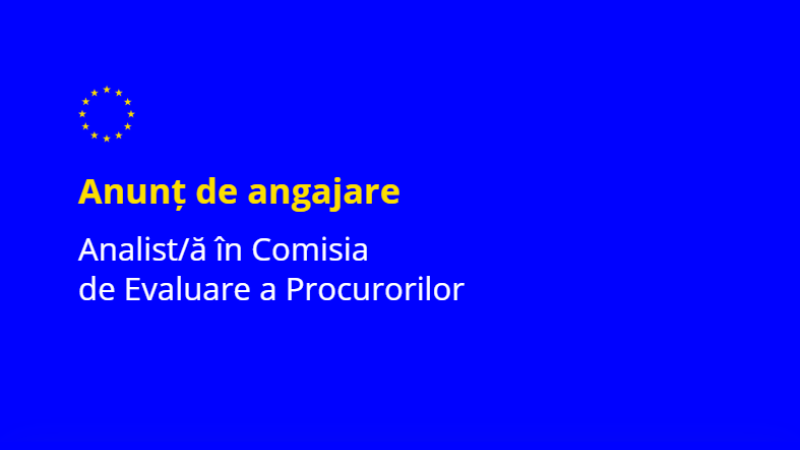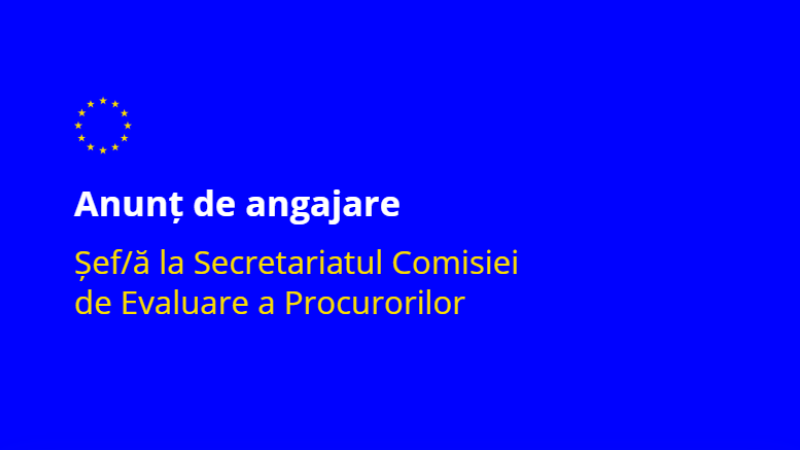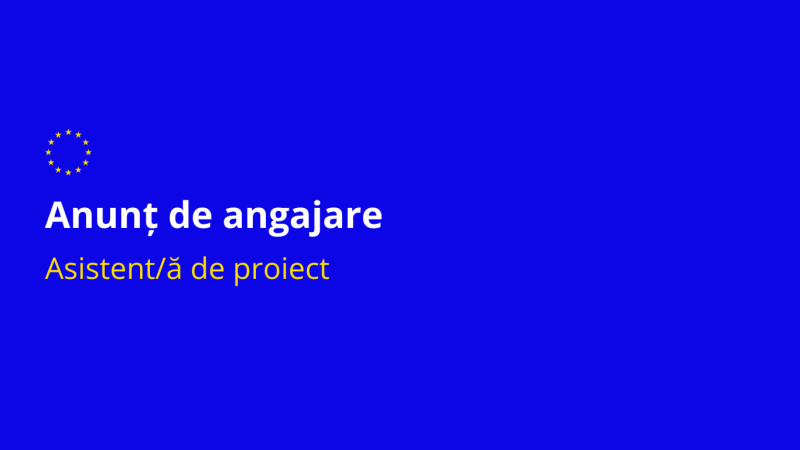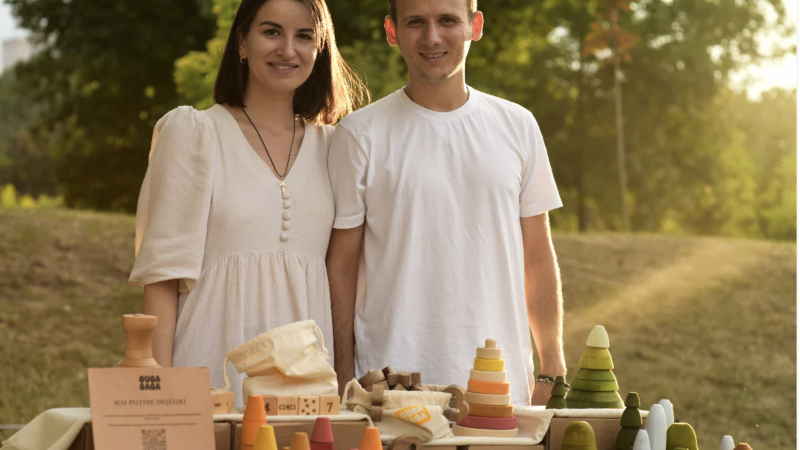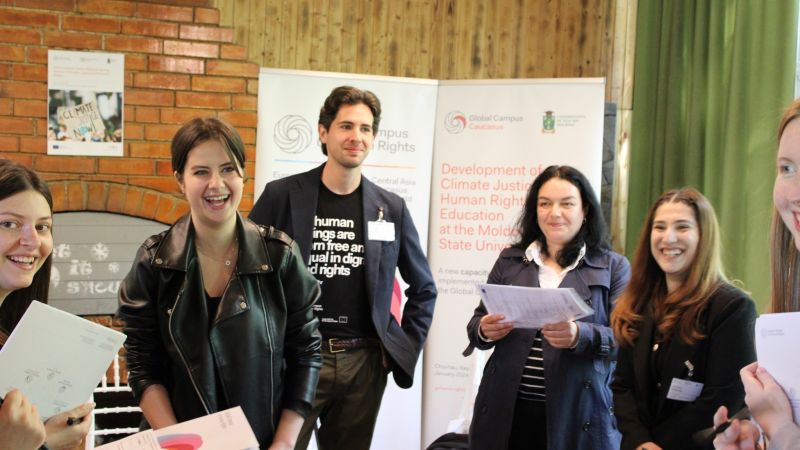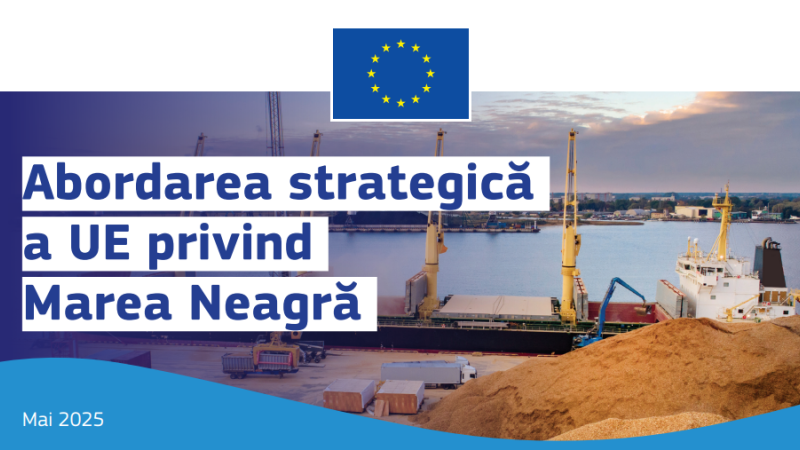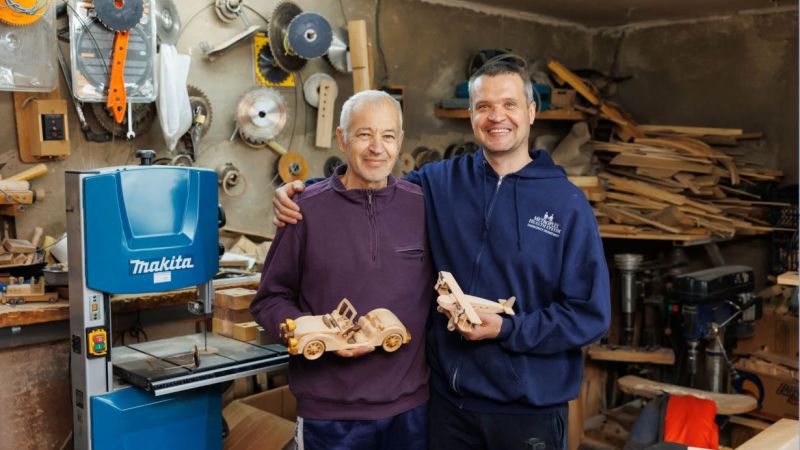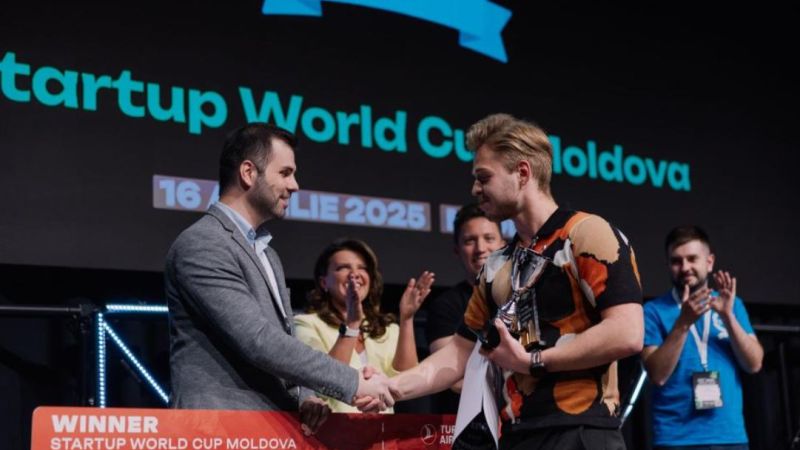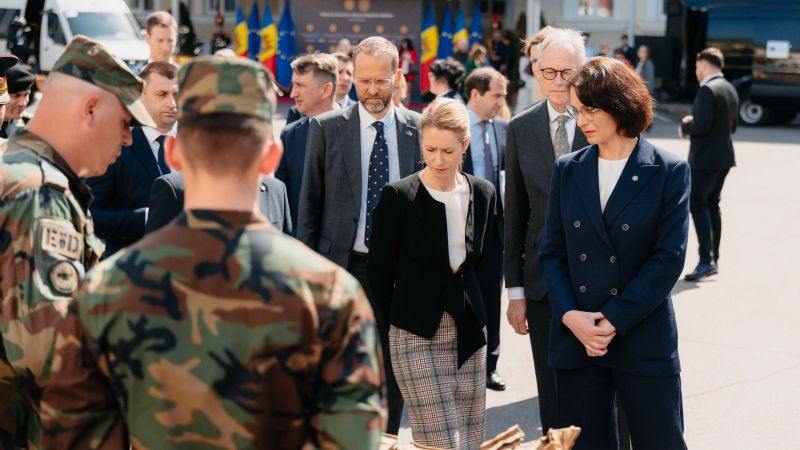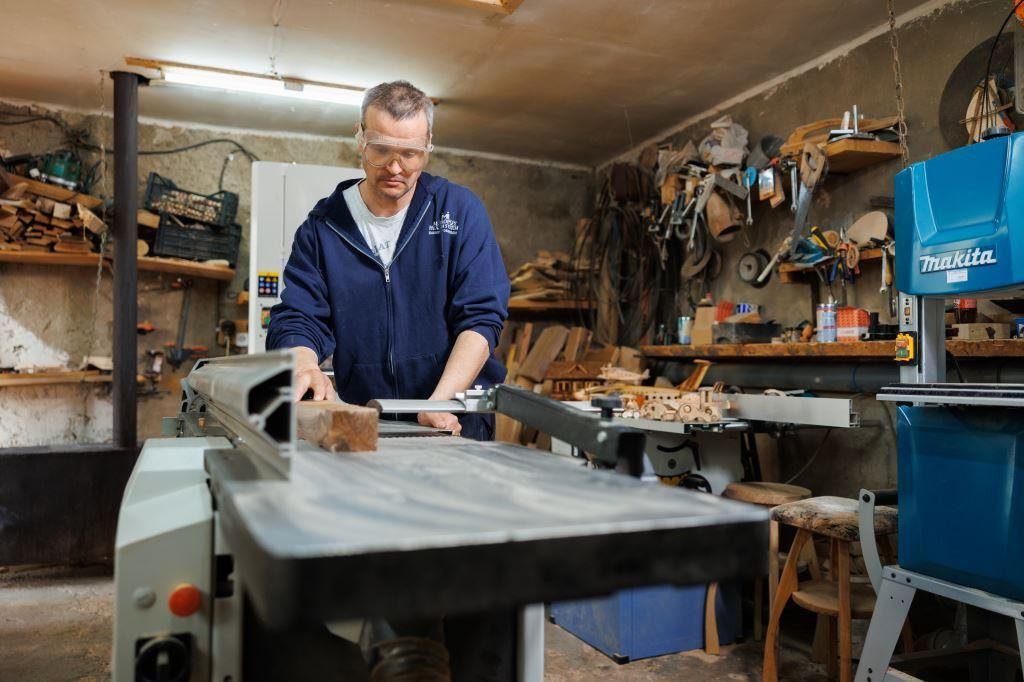
La Molovata Nouă se produc jucării de poveste, datorită susținerii UE și PNUD
Îndeletnicirea transmisă din generație în generație l-a făcut pe Maxim Alexei din satul Molovata Nouă să deschidă un atelier de meșteșugărit jucării din lemn. Meșterul popular s-a asociat cu Irina Agafița, specialistă în marketing. Așa s-au născut jucăriile PINO. Cu susținerea Uniunii Europene și a PNUD, oferite în cadrul Programului UE „Măsuri de Promovare a Încrederii”, antreprenorii au procurat echipament modern.
„Fiind dintr-o familie de lemnari, fiindcă stră-stră-străbuneii mei prelucrau lemn, la început mă jucam cu niște cuburi, după asta am început să fac uși, scări, mese, ca orice lemnar. Atunci când a apărut primul meu copil, tatăl meu mi-a spus: ‘Hai să intrăm în atelier și să-i facem niște jucării.’ Pot spune că de atunci m-am reorientat și în acest atelier producem exclusiv jucării din lemn”, așa își amintește Maxim Alexei parcursul în lumea jucăriilor.
O mașină, un buldozer și o macara. Acestea au fost primele modele create de Maxim, cu care și-a relansat activitatea de lemnar. De atunci a confecționat sute de modele, transformând buștenii de lemn în jucării. Face asta zi de zi, de mai bine de 12 ani.
„Nu desenez, nu fac schițe. Îmi imaginez cum vreau să fie o jucărie și după asta iau o bucată de lemn și o transform. Dacă-mi place ceea ce iese, atunci continui, dacă nu, atunci o pun pe raft și o las acolo. Pe zi pot produce câteva sute de jucării, alteori fac o jucărie în două zile. Totul depinde de model și de cât este de sofisticat”, spune Maxim Alexei.
O prietenie s-a transformat în parteneriat de afaceri
Mulți ani Maxim făcea jucării și le prezenta la târgurile unde era invitat în calitate de meșter popular. Nu avea un brand și nici afacere ca la carte, până în momentul în care a cunoscut-o pe Irina Agafița.
„L-am cunoscut pe Maxim când el își vindea jucăriile în stradă. Încă de pe atunci m-am gândit că e o idee foarte bună să fie fabricate jucării din lemn. Atunci, la fel ca și acum, mă ocupam de organizarea meșterilor populari care vroiau să participe la evenimente, festivaluri. Așa am făcut cunoștință cu el și în timp ne-am împrietenit.”
Colaborarea, nu și prietenia, dintre Irina și Maxim a intrat într-un impas atunci când a venit pandemia, căci Maxim până atunci își vindea jucăriile doar la evenimente. Incertitudinea l-a făcut pe Maxim să se gândească serios să se stabilească în altă țară, pentru că era în situația în care nu-și putea întreține familia. Atunci, Irina i-a propus lui Maxim să lanseze un magazin online, acolo unde să fie expuse și comercializate jucăriile. Așa a apărut brandul de jucării PINO.
„Eu îl consider pe Maxim foarte talentat, pentru mine talentul lui e ceva neobișnuit. Când mi-a spus că vrea să plece eu i-am spus: ‘Nu, nu, nu. Tu ești atât de talentat, tu nu poți pleca.’ Atunci i-am propus să vindem online, eu având studii de management și marketing. Era foarte sceptic la început, dar a acceptat. Eu am creat identitatea vizuală, iar el făcea jucăriile. I-am zis că ar fi bine să extindem gama de jucării, iar Maxim mi-a spus că nu are utilajele potrivite și atunci iarăși ne-am gândit că trebuie să facem ceva”, povestește Irina Agafița, administratoarea afacerii și a magazinului online.
De la scepticism la entuziasmul unui nou început
Entuziasmată de noul început, Irina Agafița a început să caute soluții. Așa a participat în primăvara anului 2022 la concursul de granturi lansat de programul UE „Măsuri de Promovare a Încrederii”, implementat de PNUD. Propunerea depusă a avut succes, iar Irina și Maxim au obținut o finanțare în valoare de 15.000 de euro, bani cu care au cumpărat echipamentul necesar pentru producția jucăriilor din lemn.
„Maxim era neîncrezător, credea că doar alții pot obține finanțare, nu și el. Era foarte fericit când am obținut primul grant, după asta un altul. A înțeles că este posibil și că este ceva real și, mai ales, cât este de ușor să lucrezi la utilaje noi. Așa am crescut productivitatea; acum reușește să facă o cantitate mult mai mare de jucării și, cel mai important, muncește în condiții de siguranță”, spune Irina.
Din grantul oferit, au fost procurate un CNC frezer și un strung de îndreptat lemnul.
„Înainte am avut un utilaj foarte riscant. Eu când lucram la el, lucram cu frică. Acum totul este mai sigur, mai eficient, mai curat iese lemnul, nu așchiază așa de tare, iar asta înseamnă că avem acum un utilaj bun și performant”, menționează Maxim.
Jucăriile din lemn de la PINO sunt un exemplu de sustenabilitate
Maxim Alexei a optat mereu pentru un mod sustenabil de a produce jucăriile. Astfel, lemnul folosit în producerea jucăriilor este cumpărat de la localnicii din Molovata Nouă sau din împrejurimi. Maxim alege să folosească cel mai des lemnul de la pomii fructiferi, pentru a le oferi jucăriilor o textură deosebită. În plus, e și o modalitate de a refolosi resursele naturale.
„Oamenii care nu mai au nevoie de un copac, sau poate chiar îi încurcă, ne cheamă și noi ne ducem și tăiem copacul sau preluăm bușteanul. Îl facem scândură, îl uscăm și după asta facem jucării. Nuc, cireș, dud, păr – practic orice tip de lemn care crește prin zonă este potrivit pentru jucăriile noastre”, spune Maxim.
Deși lemnul este cumpărat de la localnici, în urma războiului din Ucraina a crescut prețul materiei-prime.
Totodată, Maxim a renunțat să mai producă jucării de tip tanc, deși până atunci, era unul din cele mai solicitate și vândute modele.
„Când s-a început războiul, pur și simplu n-am mai putut să produc acest model. Am renunțat, chiar dacă e doar o jucărie. Am renunțat deși tancurile de lemn se vindeau mai bine decât mașinuțele sau avioanele”, subliniază Maxim.
Ucenicia nu mai e la modă?!
Maxim nu reușește de unul singur să asigure producerea jucăriilor, dar și să participe la târguri. Meșterul popular își dorește foarte mult să-și extindă afacerea și să angajeze mai mulți oameni la atelier. În timp ce el a învățat profesia de lemnar de la tatăl lui, acum Maxim nu prea are cui transmite cunoștințele sale, copiii săi fiind mici. Tinerii din sat, a observat Maxim, nu ar mai fi interesați de ucenicie.
„Din păcate acum e cam greu. Tinerilor nu le putem oferi salarii atât de mari, așa cum vor ei, în plus mulți pleacă din țară. Angajăm femei, vârstnici, persoane fără experiență anterioară. Unele sarcini de muncă cer persoanei doar să șlefuiască sau să îmbine unele piese.”
„Suntem chiar foarte solicitați. De foarte multe ori, vindem tot ce avem”, relatează Maxim. Lemnarul organizează și sesiuni creative pentru copii, care sunt implicați la confecționarea jucăriei dorite: „Atunci ei merg acasă de două ori mai fericiți, fiindcă și-au făcut propria jucărie și au prins ideea cum se face jucăria, procesul.”
Maxim și-ar dori să aibă un atelier mai spațios, pentru a găzdui evenimente și primi mai mulți vizitatori de toate vârstele.
O altă idee de viitor este crearea unui spațiu „de poveste” pentru copiii de pe ambele maluri ale Nistrului.
„Pe malul râului Nistru, Maxim are un teren înconjurat de copaci de pin și ne gândim acolo să construim un atelier și un spațiu deschis unde atât copiii, cât și părinții, să se poată reconecta prin jocuri în natură. E un proiect grandios la care visăm”, spune Irina.
